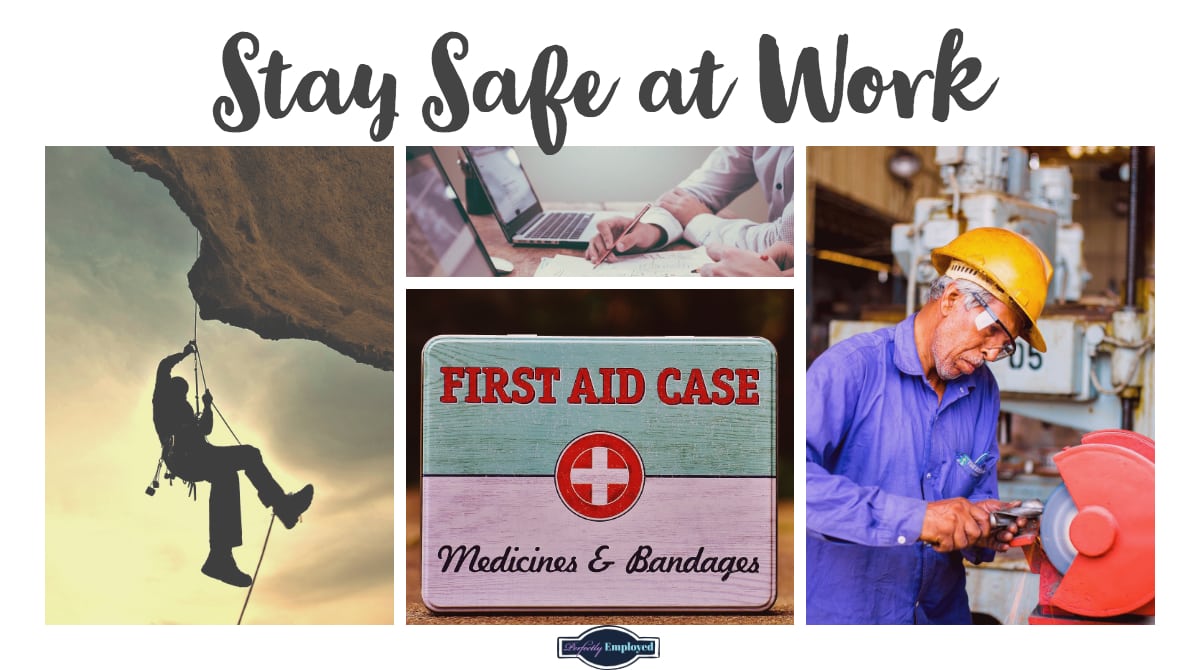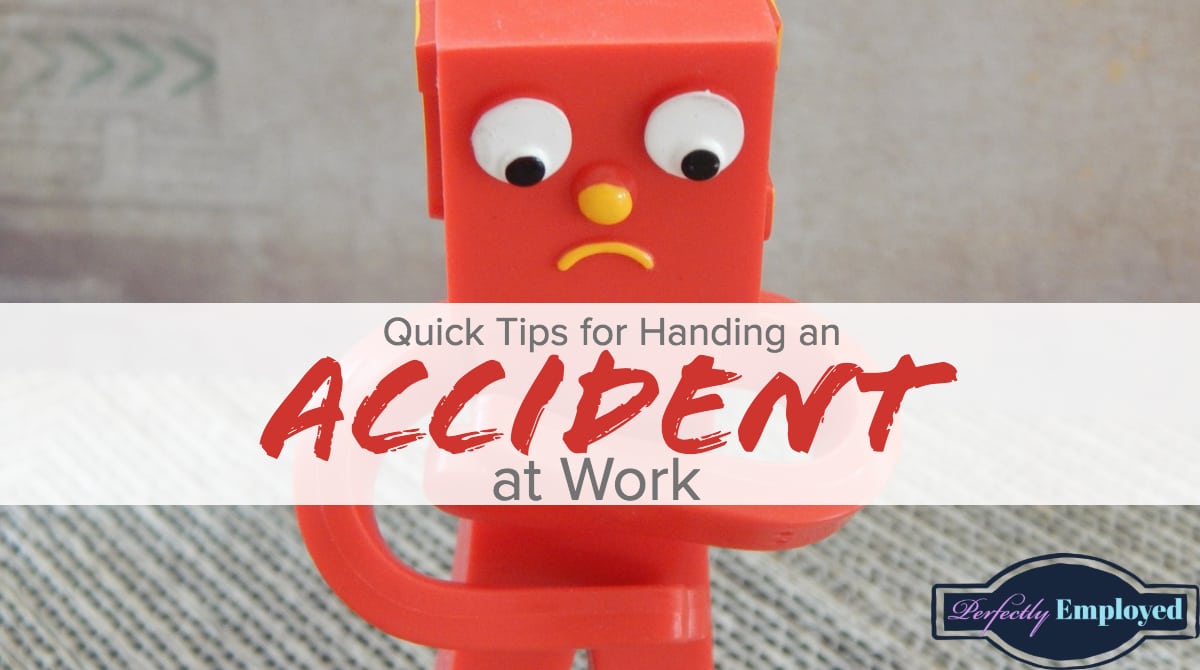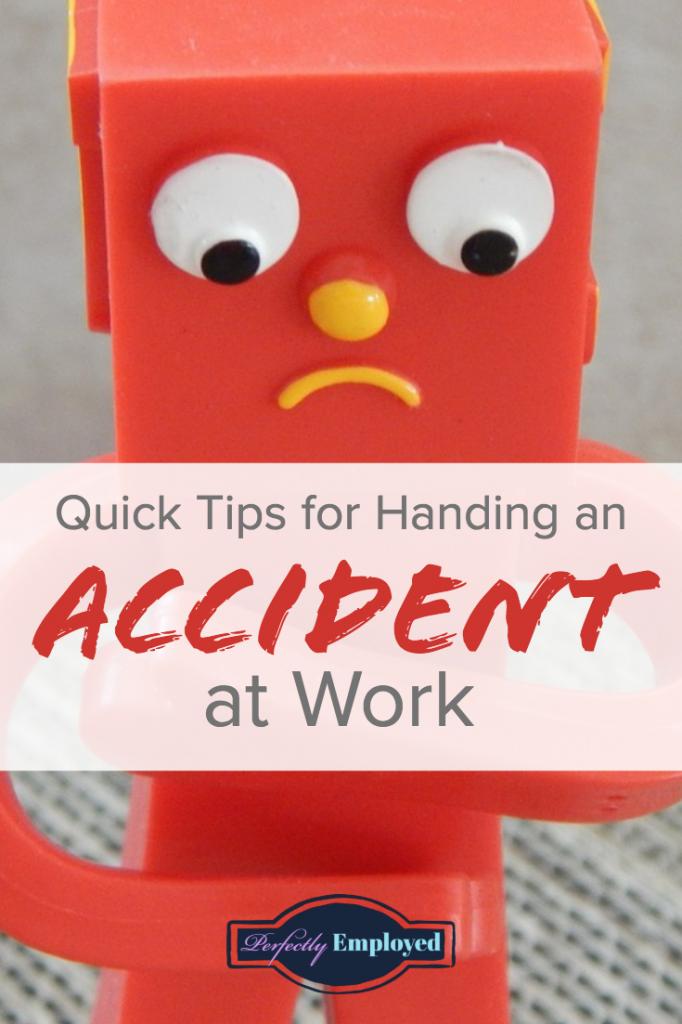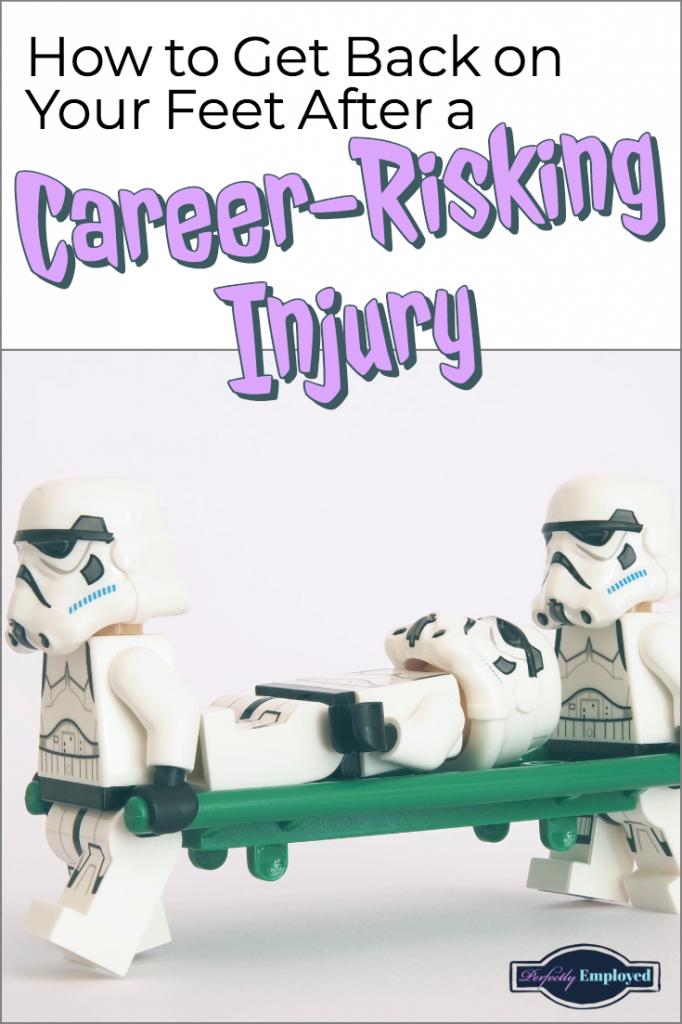
It’s not hard to see that industries are competitive. As such, they are looking for the best talent to make staff, and openings for those running their own business are potentially lucrative if headed by someone with the wit and will to apply their talents and kindle the fire.
Staying a competitive player in your field of choice can be a difficult process, but it’s absolutely necessary if you hope to enjoy a long and storied career. Thankfully, with the freedom of information and opportunity afforded today, and with vastly growing economies all over the world, this effort might not be as difficult as you had originally envisioned. Consider the following to ensure you stay ahead of your field at all times:
RSS Feeds
When you’re trying to absorb the most information possible in order to routinely stay informed regarding the matters of your work, you need the easiest method of collating multiple resources. RSS Feeds can serve as an excellent resources as far as this is concerned, as most online publishing platforms will offer one you can subscribe to. From podcasts to news articles to home blogs, or even the minutiae of updates that a website develops, you can stay in the loop. Be sure to sync a competent RSS reader (of which there are many) across multiple devices so you can stay in the loop at all times, and filter the information that is most important to you every morning.
Placement Jobs
Placement jobs while in education can help you gain a competence and a level of access to a field that might not be offered to those studying alongside you. The competitive edge begins the moment you begin pushing yourself towards a certain profession, meaning that staying on top will require some outside work. From there you might secure the best trading information for someone starting out, access to the most interesting IT jobs or the most beneficial transitions straight out of graduation. It’s worth keeping this mindset no matter what job you hope to land.
Further Reading
Further reading is important when it comes to truly understanding and refining your craft, and RSS feeds can cover this requirement to a degree. But it is also fundamentally important to understand that deep reading around your subject can help you gain a more wide-spanning view of what it is you do. From studying the fundamentals of your business applications to gaining an insight into the basic philosophy and principles behind it, learning from the core up can often help you stop making mistakes on the periphery. As they say, if you learn to crawl before you can walk, you’ll soon be running at full speed. Remember that it might not only be academic journals or memoirs posted within your field that can offer the best insight. You might also become benefited by self-help books, books on discourse, dialogue and building relationships, books on timekeeping, and books that help you learn of the practical nature of other cultures. Almost everything can help if you search well enough.

















